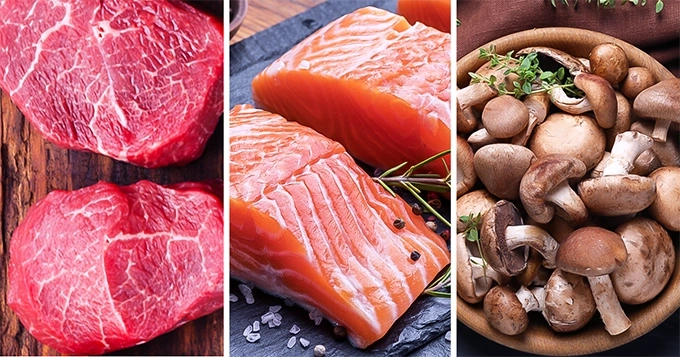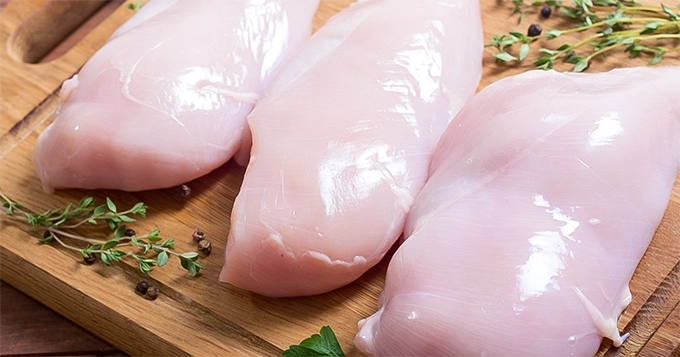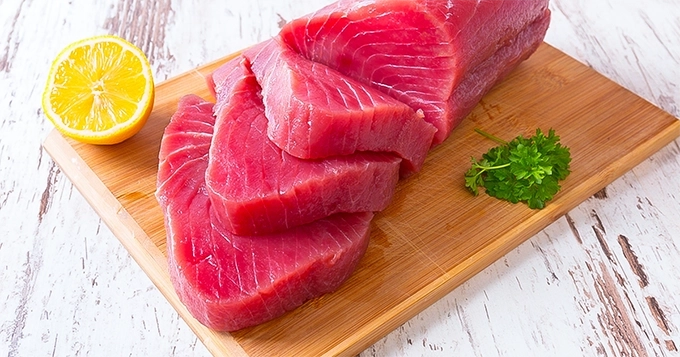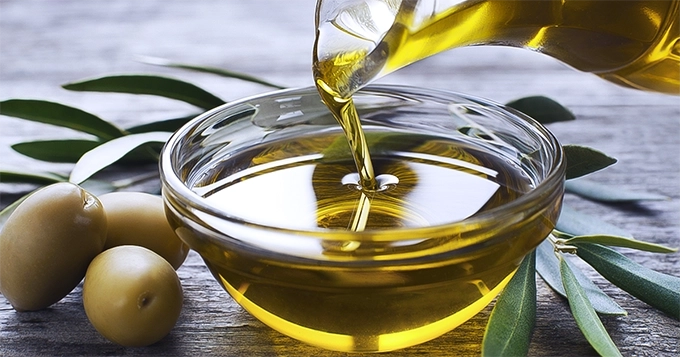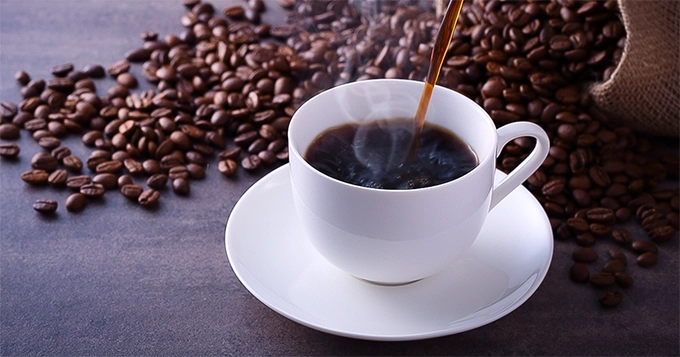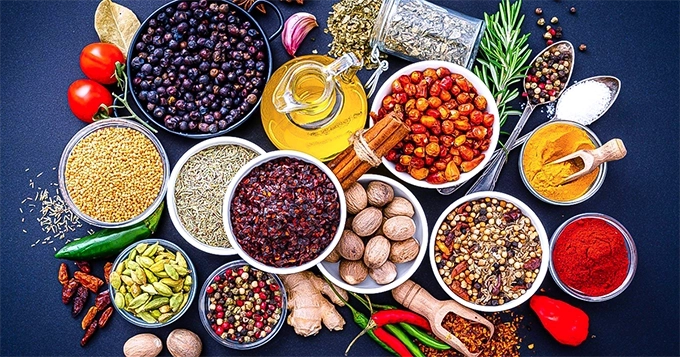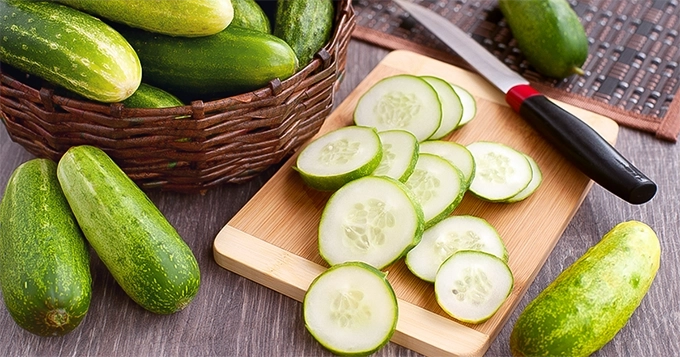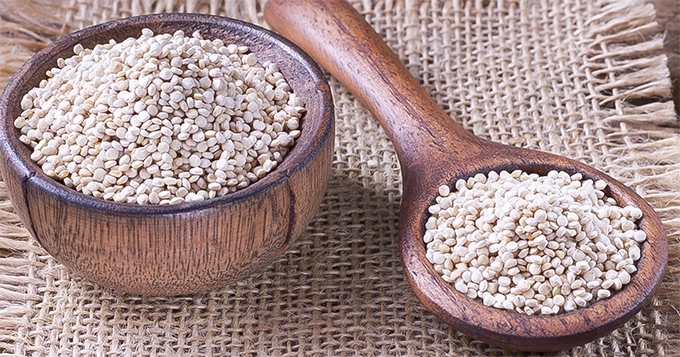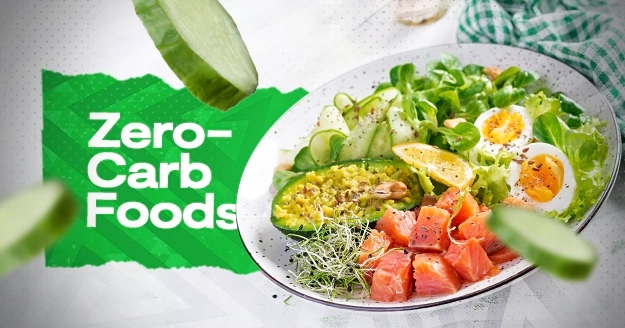Introduction
The ketogenic diet or KD is a low-carb, high-fat diet that allows your body to use fat instead of carbohydrates for energy.
By limiting our carbohydrate intake, we usually eat fewer calories, choose healthier options, and feel less hungry throughout the day. Together, this improves your overall health, such as reducing visceral fat, improving your cholesterol, reducing inflammation, and lowering the risk of certain diseases (heart issues and diabetes).
A zero-carb diet restricts all foods that are high in carbohydrates, like baked goods, sugar-sweetened beverages, starchy vegetables, and grains. Instead, it encourages higher intake of protein and fat. This diet is similar to a ketogenic diet, which emphasizes getting 70% or more of your daily calories from fat and restricts your carb consumption to 20-50 grams per day.
But whether you’re on a keto diet or other no-carb diets, knowing which zero carb foods you can include in your meal plan can significantly make your journey to fitness easier.
The secret to a successful keto diet is to keep your carbohydrate consumption low. We simply cannot enter ketosis and benefit from the special benefits of keto when our carbohydrate intake is excessive. This does not, however, obligate you to monitor your carbohydrate consumption strictly. In fact, eating mainly keto-friendly foods with low to no net carbohydrates is a common way for keto dieters to maintain ketosis.
So what food can you eat without breaking your diet or overthinking your total calories?
The Ultimate List of Zero Carb Foods
No-carb meats
The main food group on a zero-carb diet is meat. In its natural state, virtually all meat has no carbohydrates but high in protein which can help you feel full for longer periods of time. Bake or grill your meat instead of frying the to avoid the added calories from oil.
- Beef
- Skinless Chicken
- Lamb
- Pork
- Veal
- Venison and other game
- Duck
- Deli meats
- Most organ meats, except liver
No-carb fish and seafood
Fish is a healthy option with no carbohydrates and a fantastic source of protein. Here, you have a ton of choices.
- Salmon
- Tilapia
- Tuna
- Catfish
- Trout
- Sardines
- Cod
- Bass
- Haddock
Some low-carb shellfish include crab, lobster, shrimp, oysters, and mussels.
No-carb fats and oils
If you’re on a keto diet, it’s important to eat healthy fats. Here is a list of zero-carb fats and oils:
- Butter
- Olive oil
- Coconut oil
- Canola oil
- Avocado oil
- Lard
- Suet
- Tallow
- Ghee
- MCT oil
No-carb drinks
The main rule with choosing beverages is to avoid sugary and juice-based drinks. Some zero-carb drinks are
- Water
- Coffee
- Carbonated water
- Tea
No-carb seasoning
We don’t use enough spices and herbs to consider counting them against our daily carb intake, although almost all of them include minor traces of carbohydrates.
In light of this, we’ve included some spices below that have no carbs and a few more that are almost carb-free.
- Salt
- Black pepper
- Mustard powder
- Basil
- Thyme
- Pasley
- Clove
- Curry powder
- Oregano
Low carb veggies
The greener the vegetable, the better in the realm of low carb veggies. Pick green foods over starchy ones every day of the week.
- Asparagus
- Cucumber
- Lettuce
- Mushrooms
- Zucchini
- Celery
- Swiss chard
- Eggplant
- Spinach
- Cabbage
Low carb rice substitutes
Rice is high in carbohydrates, you can choose these substitutions and eat them in moderation.
- Cauliflower Rice
- Shirataki Rice
- Mushroom Rice
- Lentils
- Wild Rice
- Quinoa
How to Incorporate Zero Carb Foods into Your Keto Diet
- Know how much total calories and macronutrients your body needs to function while sticking to your diet.
- Plan your meals in advance.
- Make a grocery list filled with keto-approved foods.
- Don’t skip meals.
- Track your daily calorie and macronutrient intake.
Conclusion
When you initially begin your ketogenic weight loss journey, it could seem like carbohydrates are hidden around every corner, but countless delectable alternatives also contain zero or almost zero net carbs. We hope that this keto food list for beginners will assist you in understanding which foods to add to your meal plan.
If you need help tracking your total calories, carbs, fat, and protein intake, sign-up to the Trainest App for free.
